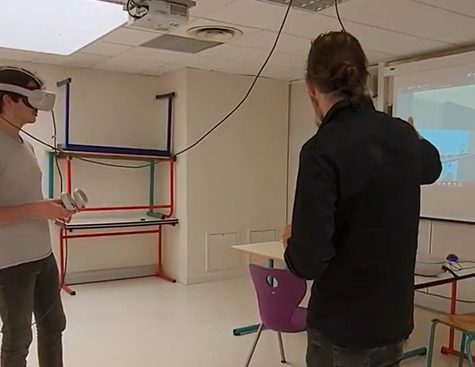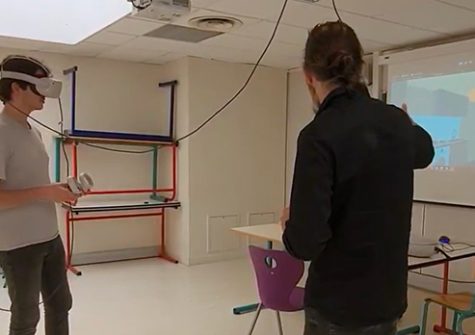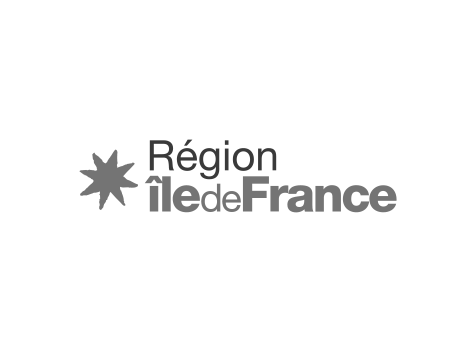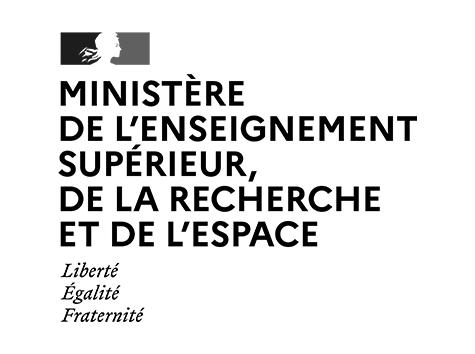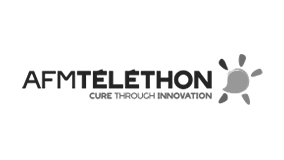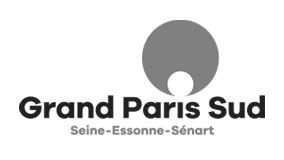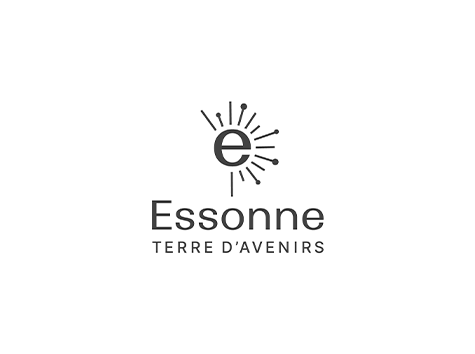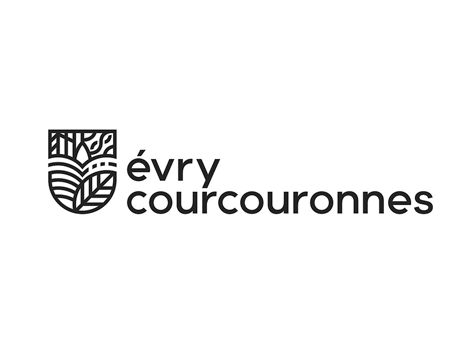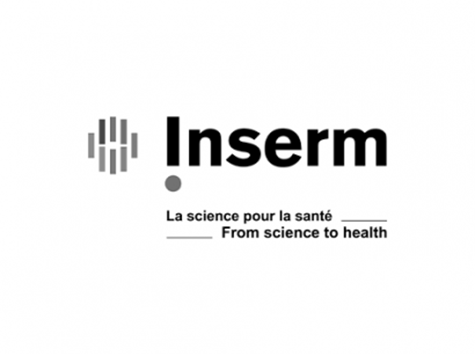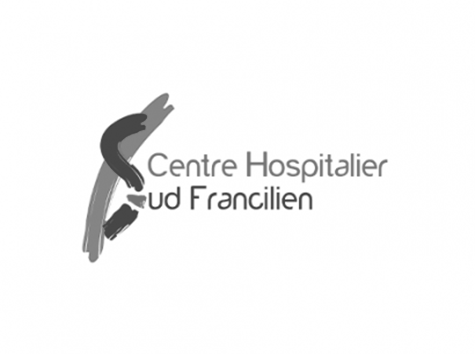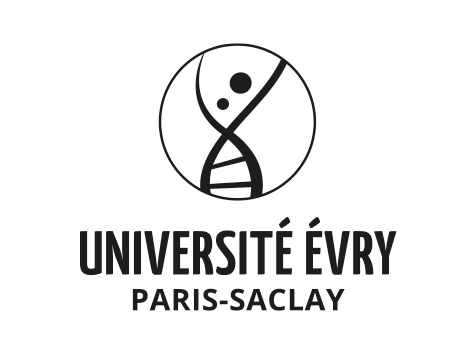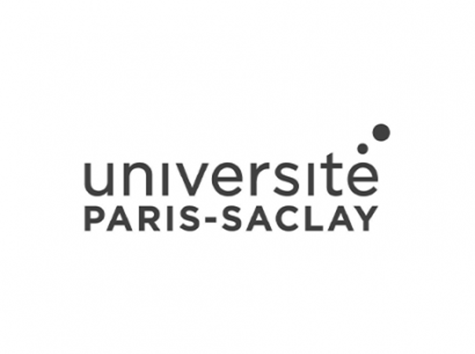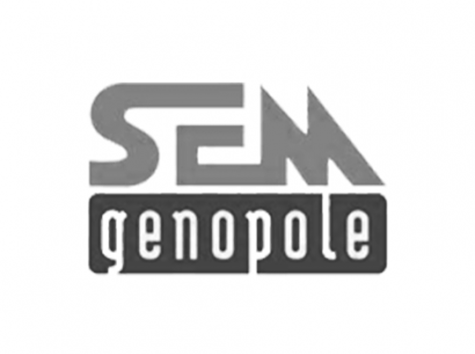At the 30th Symposium on Virtual Reality Software and Technology, the Ibisc laboratory presented their work on the potential of immersive debriefing to maximize the effectiveness of virtual reality (VR) training. The IBISC team developed a debriefing module with replay and redo functions and compared it to traditional methods. Currently underexplored, immersive debriefing in VR training may provide specific advantages, including better engagement and performance perception for the learner, and detailed competency analysis tools and progression opportunities indicators for the trainer. The IBISC researchers intend to open source their module and its documentation, thus contributing to VR training across a large range of fields.
By recreating realistic environments and scenarios, the ever-improving field of virtual reality (VR) has become indispensable for training professionals in numerous sectors. For example, VR is used in medicine to prepare for technical interventions or exceptional events, and in the military to train for high-risk situations or the operation of complex equipment. VR training is always followed by a period of constructive debriefing, during which the trainees express their emotions, analyze their decisions & actions and review what they learned with the trainer. Debriefing is vital to make VR training as effective as it can be, but traditionally, it is simply conversational, with possible video support.
Within the Ibisc laboratory, located at Genopole and under the supervision of the University of Évry Paris-Saclay, the Interaction, Virtual & Augmented Reality, Ambient Robotics (IRA2) team has carried out research on “immersive” debriefing for VR training, that is, bringing elements of virtual reality to the debriefing session itself.
VR debriefing with VR
Immersive debriefing for VR training could afford several advantages. In contrast to a simple discussion, which depends upon the memory of the participants, an immersive approach can revisit the suite of simulated actions and thus enable a detailed analysis of them. That immersion and interaction with the VR training environment, and especially the ability to replay scenarios with the trainer’s input, may be able to furnish richer and more useful information for understanding the effects of actions and revising needed behaviors or procedures.
For those reasons, the IBISC team developed an immersive debriefing module and compared it to conventional methods. Their work was presented as an oral communication at 30th Symposium on Virtual Reality Software and Technology and as an article in the symposium’s Proceedings.
Their study involved 36 participants distributed into three debriefing groups: one discussion-only based, one with additional video support or one with the additional immersion module. In contrast to the VR training itself, the immersive debriefing gives an enlarged, “bird’s eye” view of the scenario: learners see their avatars playing the scene. The training scenario was on fire prevention, with a task to be done that inevitably provokes an error necessitating a reaction from the learner (using a fire extinguisher, calling fire services, etc.).
The study’s statistical analysis found no significant differences between the three debriefing approaches as concerns learner satisfaction, motivation or information retention. This shows that the immersive debriefing is at least as effective as the two traditional approaches. However, the descriptive analysis demonstrated benefits for learner engagement and performance perception with the use of immersive debriefing. Notably, this latter reduced perceived mental and physical load compared to the others and gave a more enjoyable experience for the participants.
IBISC’s “replay – redo” system: easily adaptable and open-source
By conceiving and testing their “replay – redo” system, the Ibisc researchers showed that extending VR immersiveness to debriefing gives it better interactivity and engagement, an opportunity for detailed analysis of actions, and the ability to repeat and correct them with the trainer’s input. Immersive debriefing may thus ease progress in and the consolidation of competency acquisition.
To further evaluate the immersive debriefing module’s teaching effectiveness, the IBISC team intends to renew its experiments with larger test populations, more realistic environments, more complex scenarios, and trainers with VR simulation experience better able to improve the quality and personalization of the debriefing act. The researchers will introduce advanced functions to further enhance the replaying and redoing of actions and thus improve learning effectiveness. Longitudinal studies may also be carried out to evaluate the effect of immersive debriefing on long-term knowledge retention.
Once the team has brought these improvements to the module, they intend to make it and its documentation available in open source. Indeed, the computational architecture of the system developed by the Évry team is easily transposable to diverse VR simulators.
This study benefited from the equipment available at the shared-use virtual and augmented reality platform Evr@*, gmanaged by the IBISC laboratory and supported by Genopole.
Evr@ is available to the scientific community for research projects.

